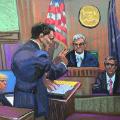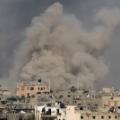Our live coverage of Russia's war in Ukraine has moved here.
January 8, 2023 Russia-Ukraine news
By Sophie Tanno, Maureen Chowdhury, Matt Meyer and Mike Hayes, CNN
Russia and Belarus will hold joint air force exercises starting Jan. 16
From CNN's Mariya Knight, Uliana Pavlova and Sarah Dean
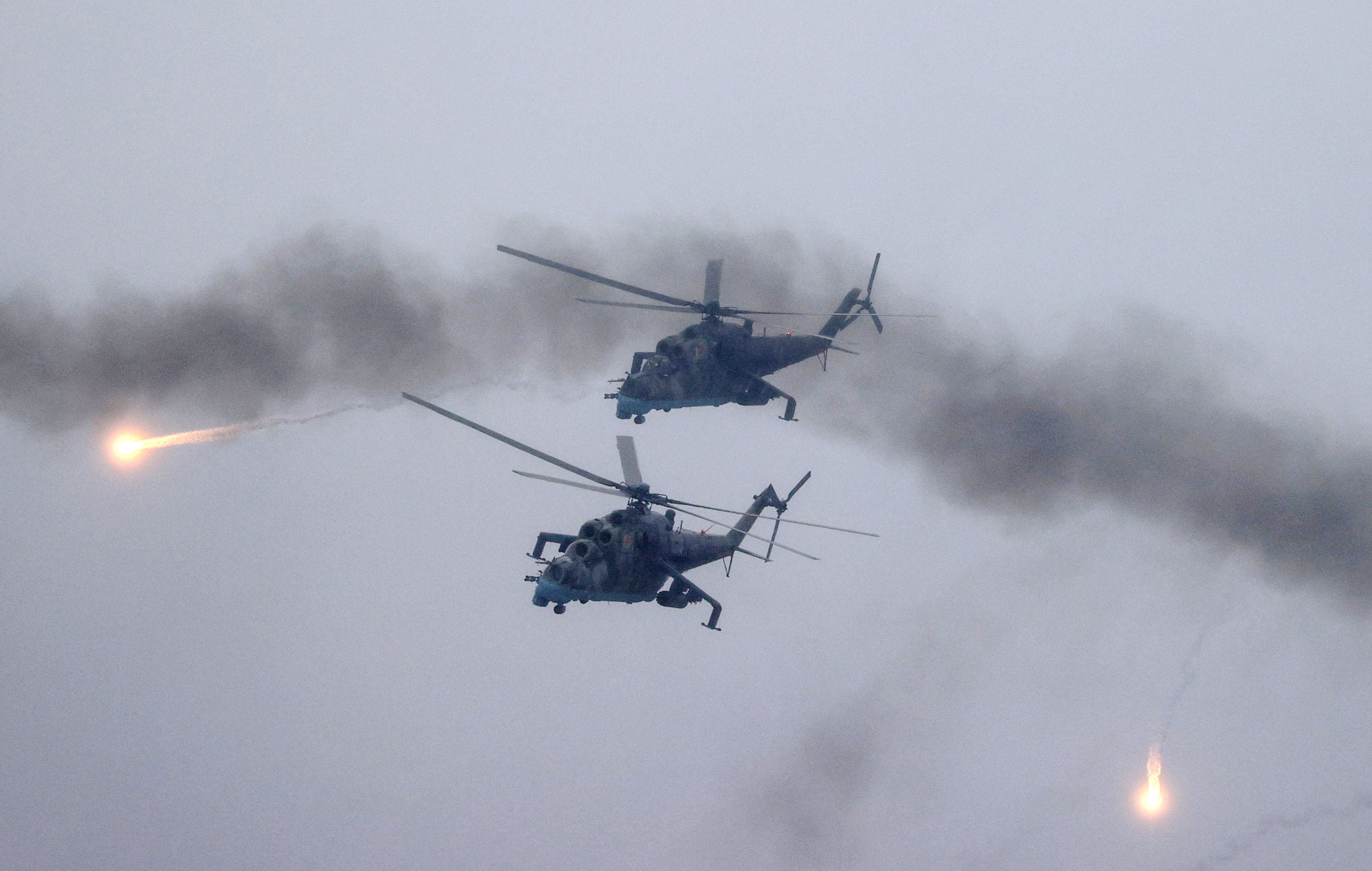
Russia and Belarus will hold joint air force exercises in Belarus from Jan. 16 to Feb. 1, the Belarusian defense ministry announced Sunday.
A Russian air division team arrived in Belarus today, the ministry said.
“During the tactical flight exercise, all airfields and training grounds of the Air Force and Air Defense Forces of the Armed Forces of Belarus will be involved,” it added.
The ministry said Thursday that it is continuing to increase its joint military grouping with Russia in Belarus.
“Personnel, weapons, military and special equipment of the armed forces of the Russian Federation will continue to arrive to the Republic of Belarus,” the ministry said.
More background: Some Russian forces are based in Belarus and used its territory in the initial invasion of Ukraine in February. But President Alexander Lukashenko has gone to some lengths to ensure that Belarus troops do not become involved in Russia's so-called "special military operation."
Last month, Ukraine said it "did not rule out" a "deliberate provocation" from Russia was behind Belarusian reports that wreckage of a Ukrainian missile landed on its territory.
100 prisoners of war exchanged between Russia and Ukraine
From CNN’s Uliana Pavlova and Denis Lapin
Russia and Ukraine carried out a prisoner exchange Sunday with a total of 100 soldiers returning to their respective home countries, according to authorities from both countries.
As a result of the negotiation process, 50 Russian soldiers captured by Ukraine were returned to Russia, Russian defense ministry said in a statement.
Andriy Yermak, head of the Ukrainian presidential office confirmed the exchange, saying that 50 Ukrainian soldiers captured by Russia returned home.
“We returned the people who were captured at the Chernobyl nuclear power plant, as well as the defenders of Mariupol, the guys from the Donetsk direction, from near Bakhmut, as well as from Kyiv, Chernihiv, Kherson and other regions,” Yermak said in a statement.
“This is not the last exchange. Our task is to return all our people and we will fulfill it,” he said.
This is the 36th exchange between Russia and Ukraine since the beginning of the full-scale Russian invasion, with 1,646 people -- military and civilians -- returned home to Ukraine, according to the Coordination Headquarters on the Treatment of Prisoners of War in Kyiv.
Kyiv dismisses Russian claim that large number of Ukrainian soldiers were killed in Kramatorsk attack
From CNN's Uliana Pavlova, Olga Voitovych and Ben Wedeman
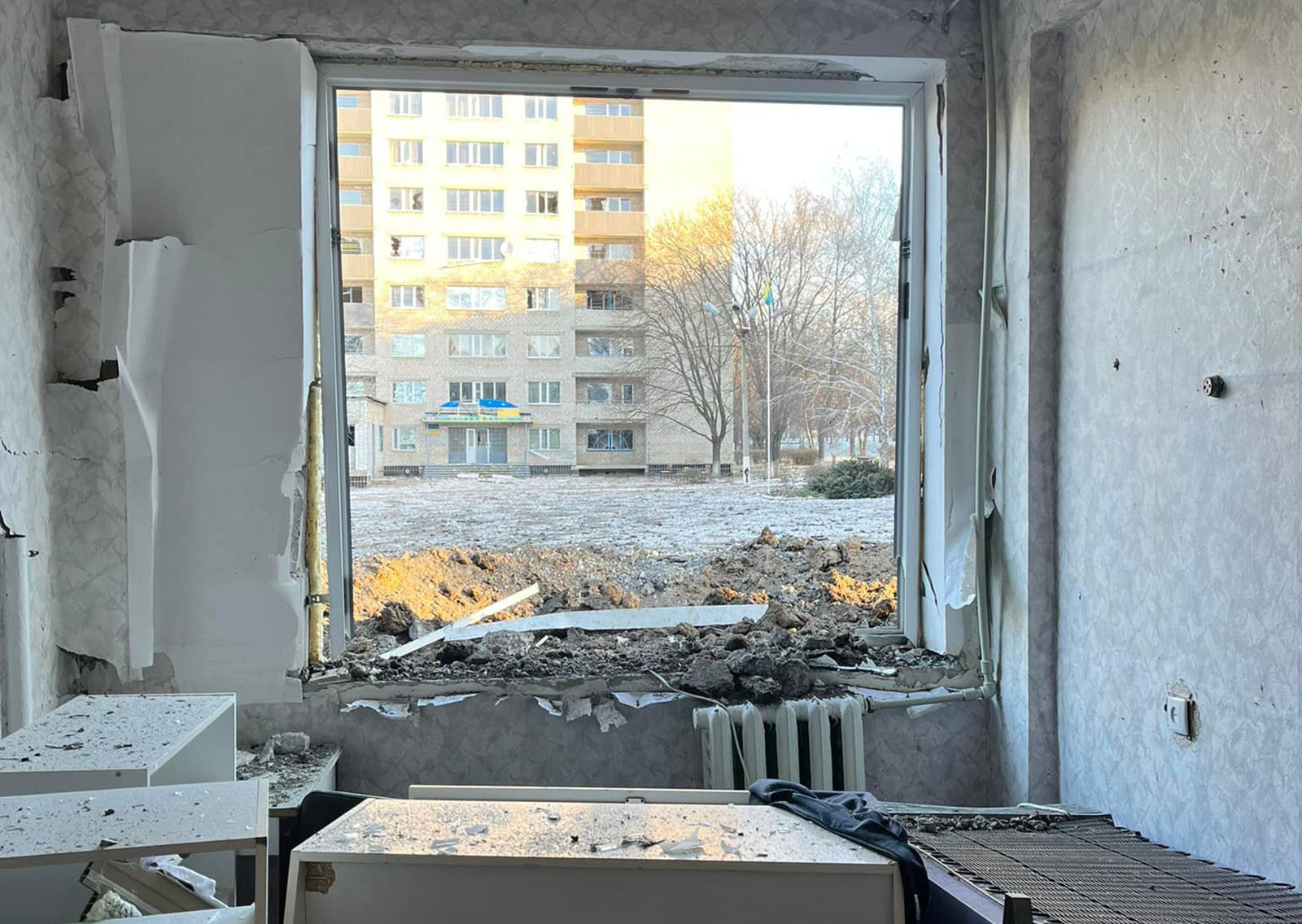
Ukraine on Sunday dismissed Moscow's claim that a large number of Ukrainian soldiers were killed in a recent Russian attack in Kramatorsk in eastern Ukraine.
"This is nonsense," Serhii Cherevatyi,a spokesman for Eastern Group of the Ukrainian Armed Forces, told CNN, in a response to the Russian claim.
A CNN team on the ground has seen no indication of any massive casualties in the area. There is no unusual activity in and around Kramatorsk including in the vicinity of the city morgue, the team reported.
Earlier Russia claimed that more than 600 Ukrainian soldiers were killed in a Russian strike in Kramatorsk carried out in “retaliation” over the Ukrainian attack on Russian-occupied Makiivka last week, according to a statement from the Russian defense ministry.
The Makiivka strike took place just after midnight on New Year’s Day, targeting a vocational school housing Russian conscripts in Makiivka, in the Donetsk region, according to both Ukrainian and pro-Russian accounts.
At least 89 Russian soldiers were killed -- a rare Russian admission of a high death toll. The Ukrainian military reported even more dramatic figures, initially claiming up to around 400 Russian soldiers were killed. CNN cannot independently verify either side’s reported death toll. In either case, the strike marks one of the deadliest episodes of the conflict for Moscow’s forces.
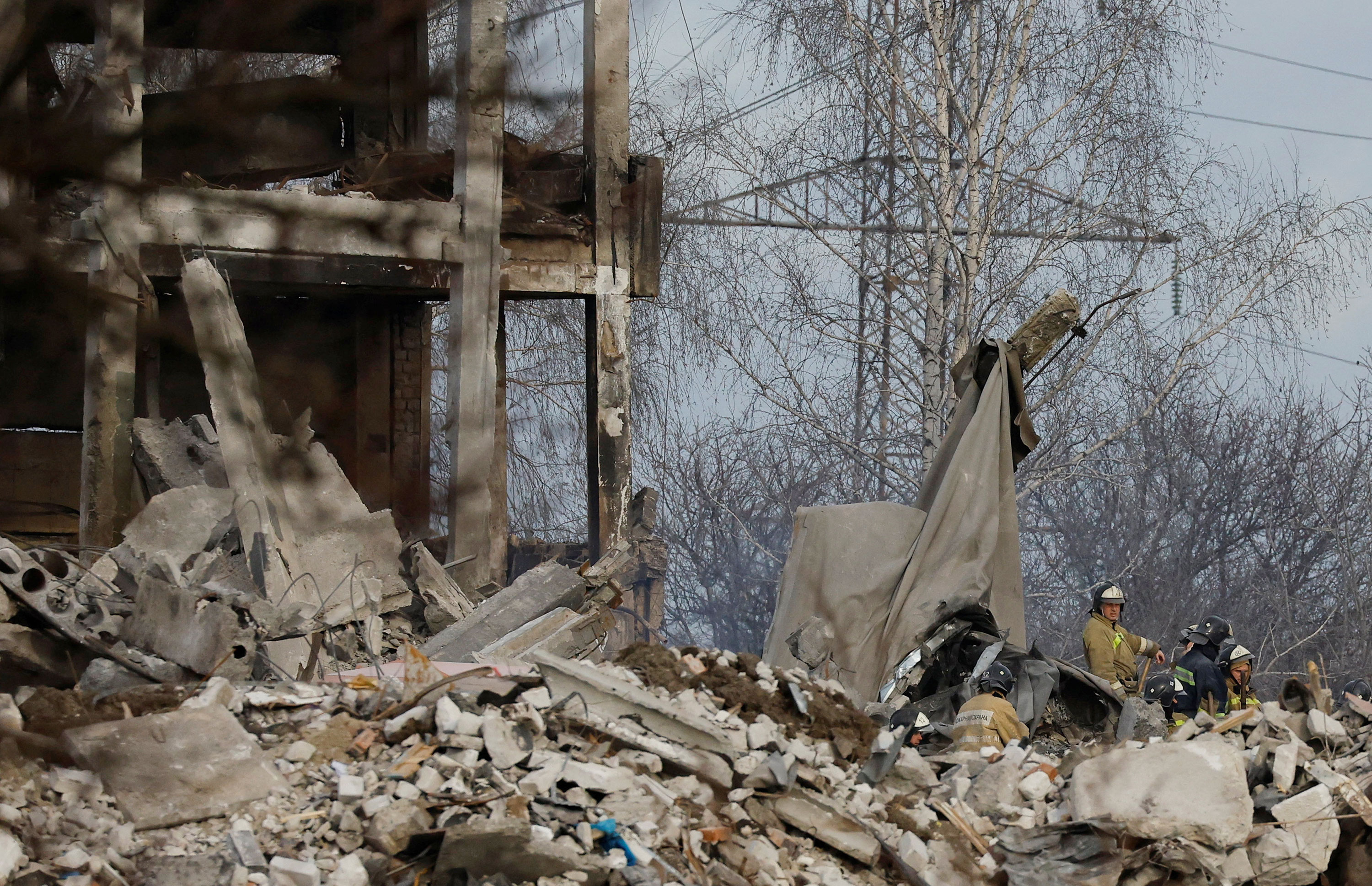
A rare public blame game broke out between the Russian government and some pro-Kremlin leaders and military experts in the aftermath of the strike, after Moscow appeared to blame its own soldiers’ use of cell phones.
The Russian Ministry of Defense said that “the main cause” of a strike in the occupied city of Makiivka was the widespread use of cell phones by Russian soldiers, “contrary to the ban,” which allowed Ukraine to “track and determine the coordinates of the soldiers’ locations.”
But that account was angrily dismissed by an influential military blogger and implicitly contradicted by the leader of the self-declared Donetsk People’s Republic (DPR) in eastern Ukraine, pointing to discord in the Russian command over Moscow’s response to the attack.
CNN's Rob Picheta and Mick Krever contributed reporting.
UK and Netherlands to co-host major international meeting in London on alleged Russian war crimes in Ukraine
From CNN's Xiaofei Xu and Niamh Kennedy
UK Justice Minister Dominic Raab will host a meeting alongside his Dutch counterpart in March in London, which will see justice ministers from across the globe gather to support the International Criminal Court's (ICC) investigation into alleged Russian war crimes in Ukraine.
“It aims to increase the global financial and practical support being offered to the ICC and coordinate efforts to ensure it has all it needs to carry out investigations and prosecute those responsible,” a UK government statement said Saturday.
“Almost a year on from the illegal invasion, the international community must give its strongest backing to the ICC so war criminals can be held to account for the atrocities we’re witnessing,” Raab remarked in the statement.
Prosecutor of the ICC, Karim Khan will address the London meeting, providing an insight into the court's work and "the role of the international community in supporting its investigations."
This week also saw British politicians from across the political divide expressed their support for the creation of a special tribunal to investigate Russia's "crime of aggression" in Ukraine.
The proposal has gained the support from British politicians including opposition leader Keir Starmer and former Conservative party leader and MP Iain Duncan Smith, according to British newspaper The Observer, which said a copy of the statement was shared with them.
UK politicians back special tribunal to investigate Russia’s "crime of aggression" in Ukraine
From CNN’s Niamh Kennedy
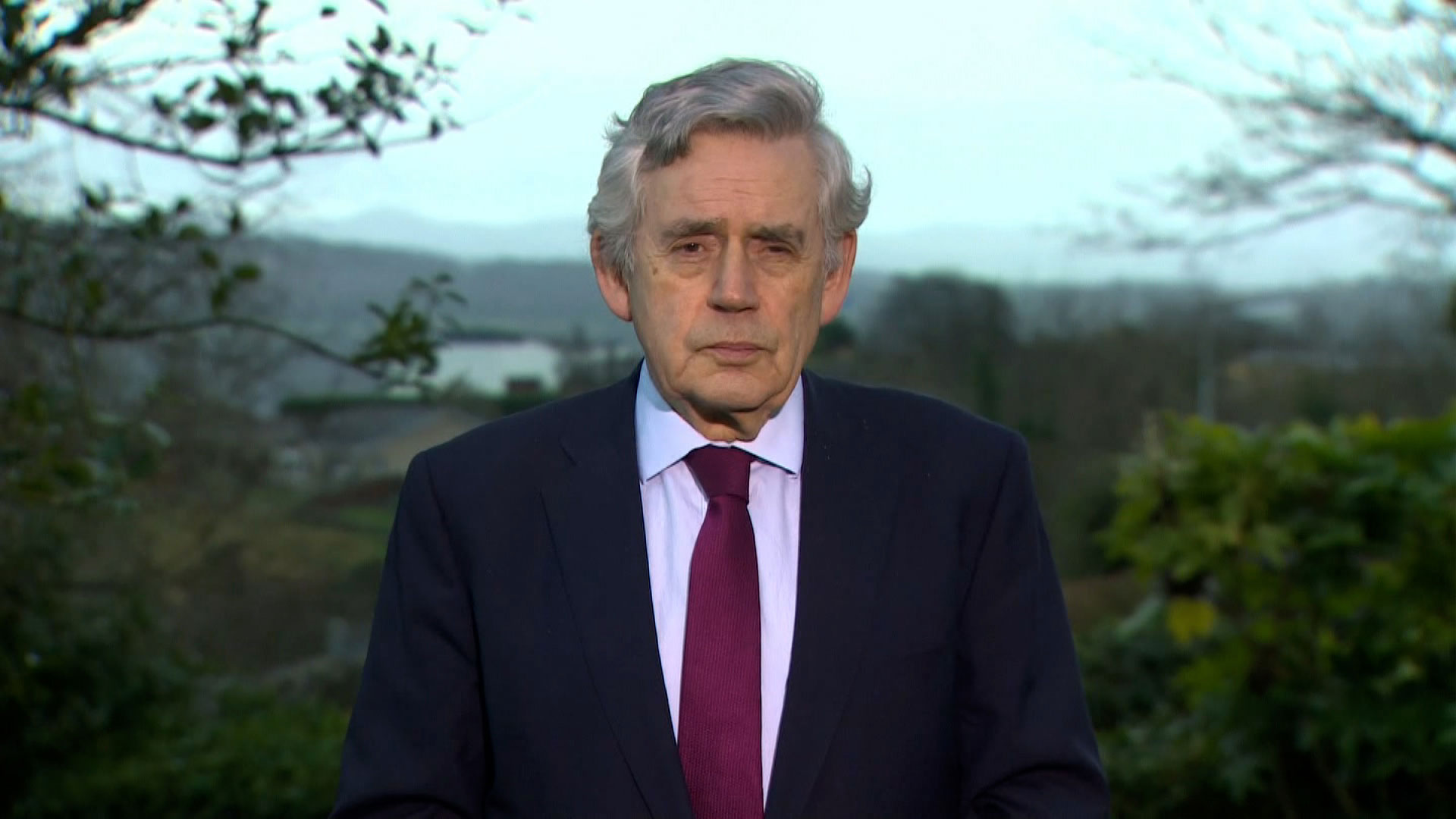
British politicians across the political divide have called for a special tribunal to investigate Russia's "crime of aggression" in Ukraine.
A statement published on the website of former UK Prime Minister Gordon Brown Friday proposed "the creation of a special tribunal with a limited focus on the crime of aggression" to complement the investigation being carried out by the International Criminal Court (ICC) into Russia's war crimes in Ukraine.
The proposal has gained the support from British politicians including opposition leader Keir Starmer and former Conservative party leader and MP Iain Duncan Smith, according to British newspaper The Observer, which said a copy of the statement was shared with them.
The UN defines aggression as "the use of armed force by a state against the sovereignty, territorial integrity or political independence of another state, or in any other manner inconsistent with the Charter of the United Nations.”
The ICC is unable to probe a crime of aggression if the alleged act is committed by a state that is not party to the Rome statute which established the court, unless the UN Security Council refers the matter to it.
As Russia has not ratified the Rome statute and would likely “exercise its veto in the Security Council against a referral” the ICC has been left unable to “investigate crimes of aggression against Ukraine,” the statement said.
During an interview with CNN’s Christiane Amanpour on Thursday, Brown said that having dealt with Russian President Vladimir Putin while he was in office, he believes that the “only thing” Putin “understands is strength.”
“One of the strengths that we have is to say this is an international crime. And particularly the crime of aggression,” Brown added.
Ukrainian President Volodymyr Zelensky called for this tribunal to investigate crimes of aggression during an event hosted by the United States Institute of Peace, the Atlantic Council, and the Ukrainian Embassy last month.
"The crime of aggression is the alpha and omega of the war,” Zelensky stressed during his remarks.
“To start a criminal and unprovoked war is to open the door to thousands of crimes committed during hostilities and in occupied territory,” the president added.
UK politicians said the tribunal could take shape in a similar format to the Nuremberg Trials held between 1945 and 1946 which saw Nazi officials tried for plotting and executing invasions of other countries.
"The Special Tribunal should be constituted – on the same principles that guided the allies in 1941 – to investigate the acts of aggression by Russia, aided by Belarus, in Ukraine and whether they constitute a crime of aggression," Friday's statement said.
"As well as investigating and indicting President Putin, the tribunal could also hold to account the members of Russia, and possibly Belarus’, national security council, as well as the political and military leaders of this manifestly illegal war," the statement continued.
The UK is not the first to publicly express support for this kind of tribunal, which was initially proposed by Anglo-French lawyer Philippe Sands in February.
On November 30, European Commission chief Ursula von der Leyen outlined in a statement the EU’s proposal to set up a “specialised court, backed by the United Nations, to investigate and prosecute Russia's crime of aggression.”
Von der Leyen expressed the EU’s readiness to “start working with the international community to get the broadest international support possible for this specialised court.”
Civilian killed in Donetsk during or shortly after Russian-declared ceasefire
From CNN's Josh Pennington
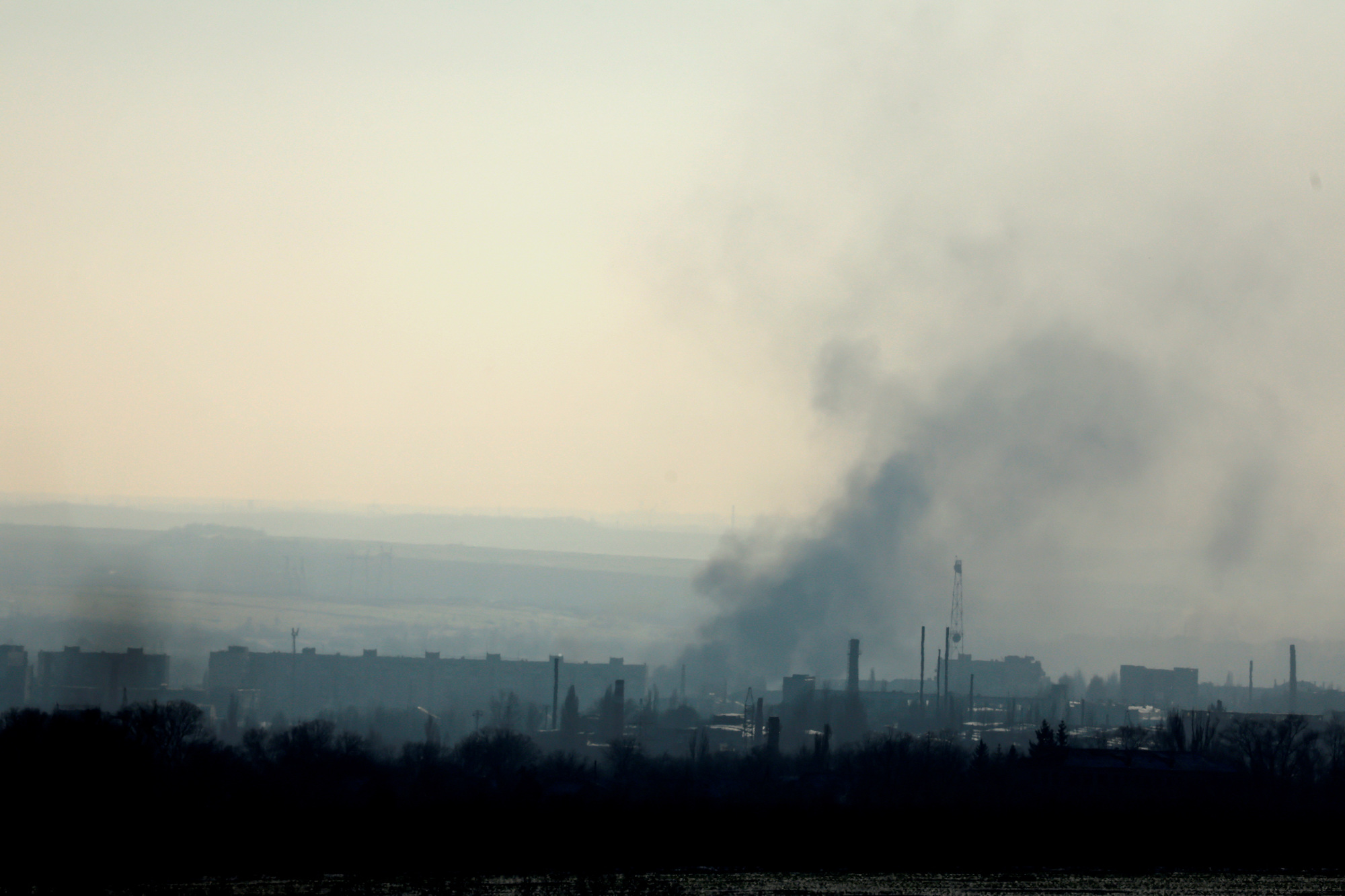
A civilian was killed in the Donetsk region on Saturday during or shortly after a 36-hour Russian ceasefire to mark Orthodox Christmas, according to Kyrylo Tymoshenko, Deputy Head of the Office of the President of Ukraine. It’s unclear precisely where, or how the person was killed.
Pavlo Kyrylenko, head of Donetsk region military administration, had earlier confirmed Russian forces had launched seven missile strikes on Kramatorsk and two on the city of Kostyantynivka after 11 p.m. local time (4 p.m. ET), just minutes after the ceasefire was over.
CNN’s team in Kramatorsk reported hearing seven explosions. New video taken by CNN on Sunday, shows a massive crater left behind in the street near some garages. A second crater was found outside the front entrance of a high school causing the windows to be blown out. No one was injured. There was no sign of any Ukrainian military presence at either site.
Kyrylenko said on Telegram that the attacks in Kramatorsk damaged an educational institution and an industrial facility, and an industrial area in Kostyantynivka was hit.
At least three civilians were known to have been killed during the ceasefire, two in Bakhmut and one in the Kharkiv region.
A string of attacks took place during the 36-hour ceasefire window, which Russian President Vladimir Putin proposed on Friday to observe Russia and Ukraine's Orthodox Christmas.
The ceasefire was supposed to last from noon Moscow time on Friday (4 a.m. ET) to midnight local time on Saturday (4 p.m. ET).
Ukrainian President Volodymyr Zelensky rejected the ceasefire proposal as “a cover” being used by the Russians to resupply and stop Ukrainian advances in the eastern Donbas region.
This post has been updated to clarify that it it is unclear whether the civilian died during or shortly after the Russian-declared ceasefire, and that the strikes on Kramatorsk and Kostyantynivka occurred after the ceasefire period.
Power plants in Russian-controlled parts of Donetsk damaged by Ukrainian shelling, say Russian-backed officials
From CNN's Josh Pennington
Two power plants in Russian-controlled parts of Donetsk were damaged in shelling by Ukrainian forces on Sunday, the Donetsk Joint Center of Control and Coordination said in a Telegram post.
Casualties were reported at the Starobesheve Thermal Power Plant, with infrastructure also damaged at the Starobesheve and Zuivska Thermal Power Plants according to the Russian-backed officials.
The number of casualties was not disclosed.
CNN cannot independently verify the claims. Ukrainian forces are yet to comment on the incident.
Russian-declared ceasefire ends with no let-up in violence
From CNN's Dennis Lapin
The Russian-declared ceasefire ended with no let-up in violence as Russia launched two missile strikes in the Kharkiv region late Saturday.
The attack resulted in the death of one civilian, the head of the regional military administration Oleh Syniehubov confirmed in a Telegram post Sunday.
The ceasefire was supposed to last for 36 hours from noon Moscow time on Friday (4 a.m. ET) to midnight local time on Saturday (4 p.m. ET).
“Last night the enemy launched two missile strikes on the town of Merefa, Kharkiv region. A civilian industrial facility was damaged. Unfortunately, a 50-year-old civilian was killed. Moreover, the enemy shelled Starytsia village in Chuhuiv district and Dvorichna village in Kupiansk district during the day,” Syniehubov said.
“In Dvorichna, a private residential house and the building of the State Emergency Service unit came under enemy fire. Also, 2 fuel trucks and an operational vehicle of firefighters were damaged. There were no casualties,” he added.
The strikes follow a string of attacks that took place amid the 36-hour ceasefire, which Russian President Vladimir Putin proposed on Friday to observe Russia and Ukraine's Orthodox Christmas.
Ukrainian President Volodymyr Zelensky rejected the ceasefire proposal as “a cover” being used by the Russians to resupply and stop Ukrainian advances in the eastern Donbas region.
